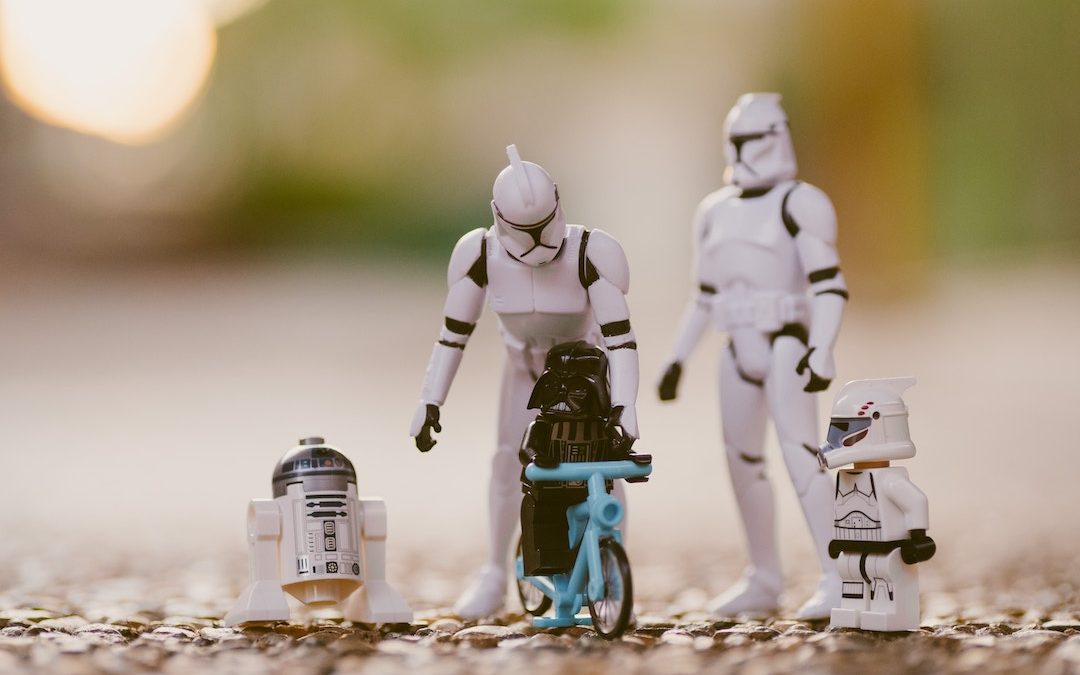I’ve been feeling burned out lately. It’s a carryover from the end of the year, sliding into the new year, though I took two weeks off work to read and spend time with my kids and relax.
It’s not the work that has me so burned out; in fact, work, right now, feels like a necessary respite from the domestic world. It’s everything else—the lunches that need making, the house that needs tidying, the kids who need constant supervision.
I told my husband the other day that I almost feel like I can’t let our kids out of my sight, even though the oldest three are twelve, nine, and eight—ages at which I was already staying home alone. We live in a culture of fear—fear of what will happen to our kids if we take our eyes off them and fear of what will happen to us if other people see that we’ve taken our eyes off them. We’ve all heard the horror stories—parents (usually mothers) arrested for leaving their kid in the car for five minutes while they run into the store for some toilet paper or for letting their kid walk to or play in the park alone or for leaving them home alone while they run to the grocery store for an hour of blissful shopping. We are afraid, and so we protect from real (the repercussions of concerned citizens reporting on our perceived neglect) and imagined (child abduction, which is a percentage so low it would take leaving your kid alone for 750,000 years, according to some experts) dangers. At all hours. Every day.
Because of this, our kids don’t know how to be alone or how to care for themselves. My twelve-year-old didn’t even know how to make a pot of tea, and when, one day, he was feeling a little stuffy, he asked for some. I was busy getting breakfast on the table for his five brothers, so I told him to do it himself. He said, “But I don’t know how.”
Our kids, understandably, have trouble taking care of themselves in our overprotected world, so it’s no surprise that my most frequent burnout is parenting burnout. Mothering burnout. I feel exhausted often with what is required of me—keeping my sons out of trouble, monitoring technology time, encouraging creativity, teaching them to clean up after themselves. Making sure I don’t become a target for “concerned citizens” to call Child Protective Services.
The burnout isn’t completely caused by the protective requirement, of course. I do, after all, have six sons, and that means there are lots of needs around my house. But the break I might occasionally get from leaving my kids alone to go for a walk certainly contributes to my exhaustion.
So it was with this persistent and pervasive burnout that I began this year picking up the book, Wave, by Sonali Deraniyagala.
In this book, Deraniyagala loses her two sons—her husband and parents, too—in a tsunami while on vacation. The same things that, upon waking up, pull tight that slip of annoyance—shoes left in the middle of the floor, drawings littering the furniture in never-ending piles of paper, pleas for breakfast and complaints once it’s delivered—were things she would never experience again. She would not watch her sons navigate the explosive time of puberty, would not ever remind them to do their homework, would not break up another argument about something ridiculous.
When I finished the book, on a five-mile run on the treadmill in my garage, which doubles as my sons’ LEGO playroom, I stood there for a minute, my heart rate slowing, my breath evening, my eyes caught on the mess. What would I miss about my sons if the unthinkable happened? Everything.
I moved back into the kitchen, where my sons sat sipping smoothies, the noise at the table almost at an intolerable level. I kissed them each in turn as they swatted me away (“You’re so sweaty, Mama!) and smiled to myself, words thrumming through my head: I’m so glad they’re here.
Even the shoe I tripped over on my way upstairs couldn’t dampen the force of my gratitude and love.


